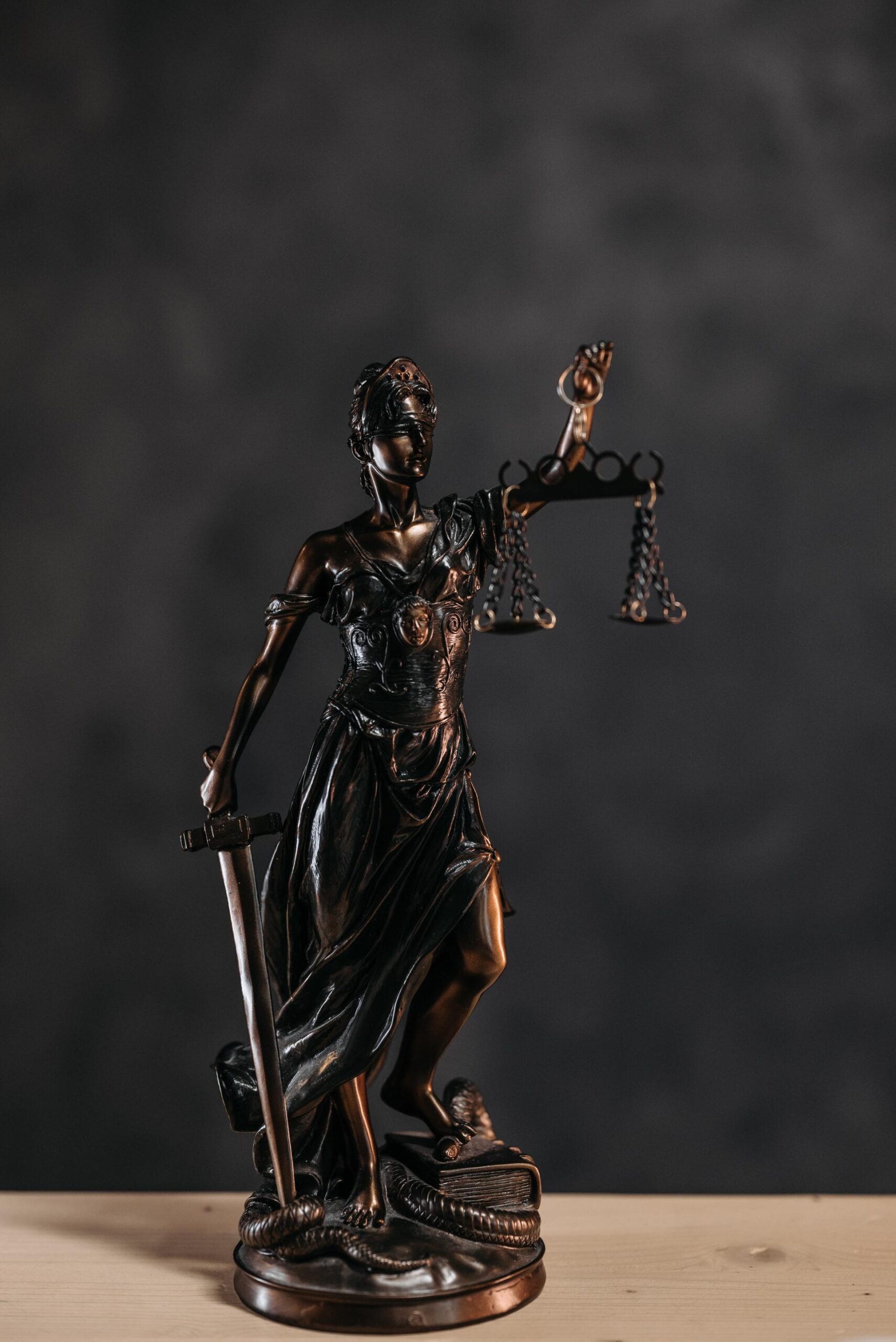If you or a loved one suffered from clergy abuse, it’s important that you know your rights and how to seek justice. The first step is to come forward and report the abuse, but then what? Here are some steps you can take after suffering from clergy abuse:
Find a safe place and secure any medical attention you may need
If you or someone you know has experienced Illinois Clergy Abuse, it’s important first to find a safe place. You may need medical attention, and be prepared to share your story with others to receive the help you need.
While there are no specific symptoms of trauma associated with clergy abuse, certain signs can indicate that something has happened. For example, if someone is having trouble keeping their jobs or relationships due to drug use, they may be using drugs to cope with their experiences.
Report the abuse to the authorities.
As soon as you feel ready to report the abuse, reach out to the authorities. It’s important that you report it to the right authorities, so don’t hesitate to ask questions or do some research before reporting.
When reporting clergy abuse, it’s also important that you do so in a way that preserves your privacy. If you want someone else to talk with law enforcement on your behalf, be sure they have written permission from you and understand how important this is for preserving your privacy. Remember, if someone reports on your behalf without authorization from you, they may not be able to protect your confidentiality.
Speak with a clergy abuse attorney as soon as possible
The first step in seeking justice is to speak with an attorney. The legal process can be complicated, and it’s important to have someone who knows the ins and outs of dealing with clergy abuse by your side.
An experienced clergy abuse attorney will help you navigate this situation’s complexities and ensure your rights are protected at every step. An attorney can also help you get compensation for any suffering you have endured as the result of this traumatic experience—an important step toward healing, both physically and emotionally. An experienced lawyer can also help you get justice against those who wronged you, which is especially important if other victims are involved, in addition to yourself or your loved ones.
Connect with others who will listen and support you.
You may find it helpful to talk to others who have experienced clergy abuse. A support group can provide a safe place where you can share your experiences and gain the ability to understand that you are not alone in what you went through.
You may also benefit from talking with a therapist or someone trained in working with people who have experienced trauma and abuse. If finances allow, consider hiring an attorney who specializes in clergy abuse cases so that they can help protect your rights during this difficult time.
Educate yourself about the issue
Educating yourself about the issue is important if you or a loved one has suffered from clergy abuse. Many good resources are available online and in books that can help you learn more about the signs of clergy abuse, what legal options may be available for you, and how to move forward after experiencing such trauma. The more you know about the issue, the better-informed your decisions will be regarding how to move forward.
Conclusion
We hope this blog post has helped you understand the many steps you can take to support yourself and your loved ones if clergy abuse has impacted your life. Remember that it is not your fault, and you don’t have to go through this alone. You are not alone. There are resources out there for people who have experienced sexual abuse or other types of trauma, as well as their families, friends, or co-workers. It’s important for us all to educate ourselves about these issues so we can prevent them from happening in our communities.






